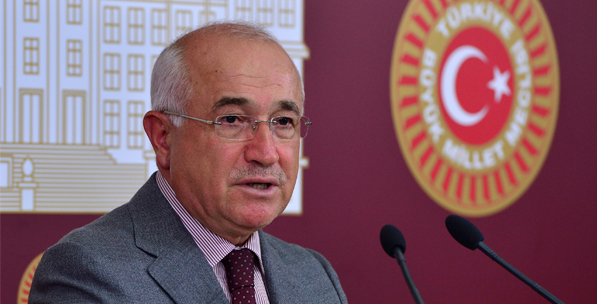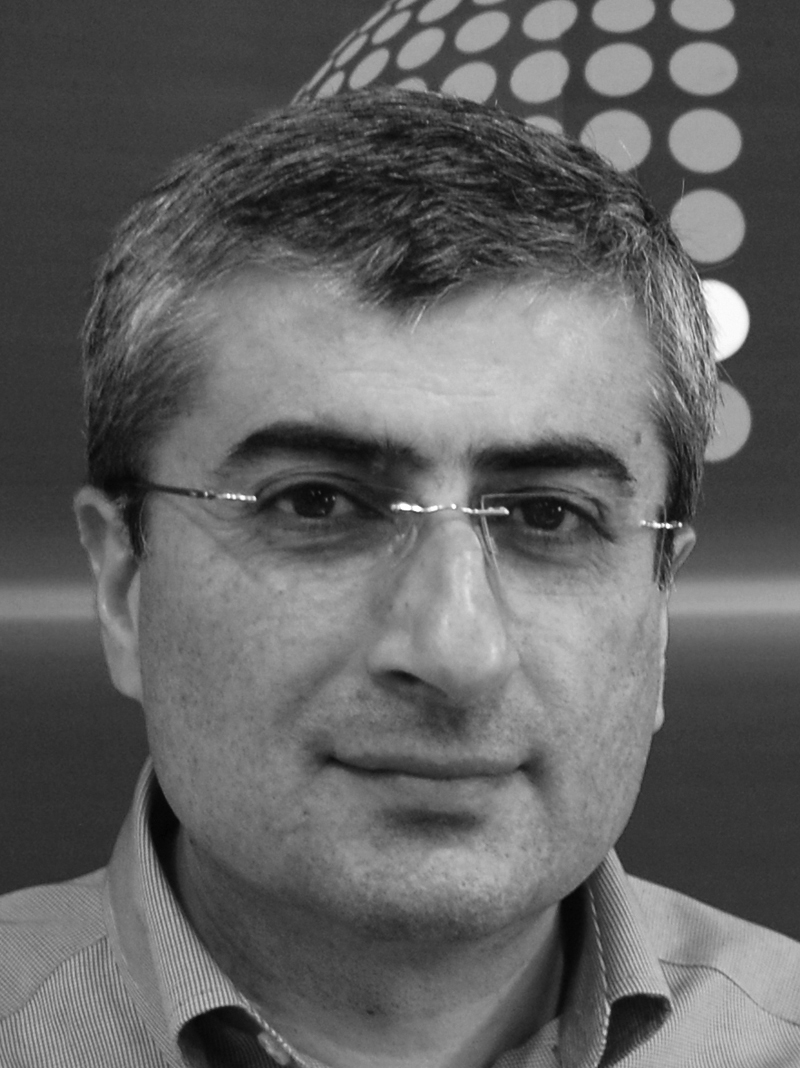Constitutions in Turkey were drafted and enacted during the periods when the military was involved in politics or even when the military was in power. That the society seized the opportunity to draft its own constitution for the first time, therefore, caused tremendous excitement and expectation. Nevertheless, this excitement and expectation have been lost gradually. Today everyone tries to be more cautious. So, how did we end up in this situation? Let’s remember.
WHAT HAS BEEN ACHIEVED?
The Constitutional Reconciliation Commission listened to the opinions of 14 political parties, 21 universities, 39 occupational organizations and trade unions and 79 associations, foundations and platforms from October 19, 2011 to April 30, 2012. Furthermore, the commission accepted and classified 18 thousand pages of written proposals and other opinions written on the official website by 25 thousand 440 persons. Then the constitution-drafting process began. The constitution-drafting process was planned to be completed by the end of 2012.
At the end of the 2012, Speaker of the Parliament, Cemil Çiçek, met with party leaders and asked for additional time to complete the drafting process. The commission has shared its works with political parties under the framework of a new leaders’ tour recently and asked their support for the progress of the drafting process. Given the statements about the meetings, the commission has received the support it needs. This support has not only delegated more responsibility to the commission but also cherished hope and expectation among people.
What the Constitutional Reconciliation Commission has done so far is quite significant and meaningful. Nevertheless, working only 449 hours in 450 days, as also stated by Çiçek, is not satisfactory at all. On the other hand, the commission has addressed 177 articles and reached a consensus on 48 articles. Given the political life with constant tension in Turkey, this is a success itself.
GRADUAL/PROGRESSIVE CONSTITUTION-MAKING
The new constitution created such tremendous excitement and hope mainly because the society considered the new constitution as a new social contract. The reason is that it is not easy to reach a consensus on a new constitution in societies like Turkey where different identities coexist but homogenous nation building project is applied and which have suffered serious problems due to different identities.
That the Commission reached a consensus on only 48 articles in 450 days proves this hardship. Due to this hardship, Turkey may prefer the “gradual/progressive” constitution-making method. Within the framework of this method, parties postpone the issues that they fail to agree on and they try to draft a constitution that ensures a constitutional order based on rights and freedoms in general.
The gradual constitution-making method, without a doubt, is not a desired method because this method means the postponement of the resolution of critical problems by a new constitution. As a matter of fact, if Turkey prefers such a method, it may, for instance, be forced to postpone some of the required regulations for the resolution of the Kurdish issue. Due to these reasons; however, most of the time gradual constitution-making method is preferred. If this method is preferred, then Turkey needs to carry out legal reforms to be called “confidence building measures” and other administrative practices and regulations in order to ease the tension, strengthen the peace process and create necessary social and political environment for the constitutional regulations to resolve critical problems.
WHAT IS NEXT?
First of all, the goal to meet the demands and expectations of the society should be pursued. Then the political parties should revise their opinions on the new constitution. This is because it is only through solution-oriented and new constitution-focused policies that the parties can carry out negotiations on the ne



